Wildlife: Why It Matters and Why We Should Care
Animals
45
0

“Nature is beautiful” — how many times have we said that or heard it? And who knows how many of us have even written a school essay with a similar title. Everyone agrees on nature’s beauty, yet we still harm it, fail to protect it properly, and cause damage. In the end, we face the consequences.
That’s why today I want to talk about wildlife and the role it plays.
From the powerful tiger to the busy worker bee, the variety of life on Earth affects our lives and well-being in ways we often don’t realize. Animals provide natural medicines, help slow down climate change, and keep our soil healthy — just a few of the many benefits they offer. We depend on wildlife for survival, health, and existence.
Our way of living has a big impact on animals. Studies show that animal populations have dropped by 60 percent over the past 40 years. Although many global organizations are working hard to tackle this, it’s a worldwide problem that no single group can solve alone.
Here are 5 main reasons why each of us should pay attention to wildlife:
Climate change protection
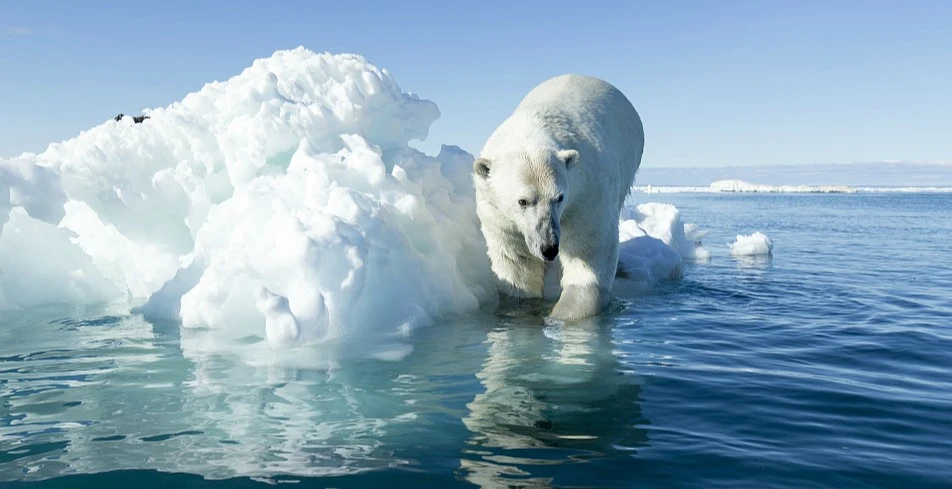
We all know that forests play a key role in fighting climate change by storing carbon that would otherwise enter the atmosphere. But did you know that the wild animals living in these forests also have an important part to play?
Protecting wildlife can help reduce how often and how badly forest fires spread. Plant-eating animals keep the grass levels down, which lowers the risk of fires starting. Plus, wild herbivores like elephants, zebras, rhinos, and camels produce less methane than farm animals because they digest grass differently.
That’s not everything. Wildlife also helps forests store carbon more effectively. Many trees in tropical forests depend on animals such as elephants and toucans to eat their big, fleshy fruits and spread their seeds. Trees with large fruits usually grow taller and store more carbon. Studies show that losing these trees causes tropical forests to hold about 10 percent less carbon.
Nutrient-rich food source
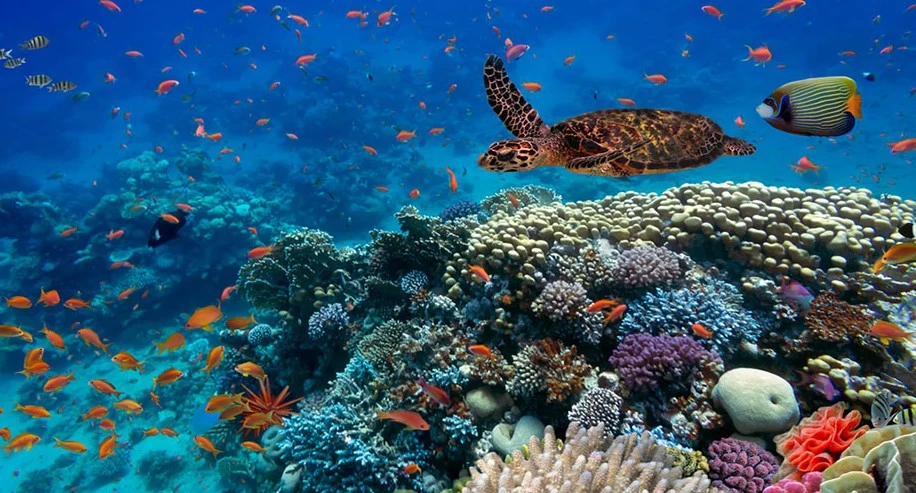
Wildlife provides an important source of protein and minerals for billions of people worldwide. According to the Food and Agriculture Organization of the United Nations (FAO), 34 million people rely on fishing to make a living. If children lose access to vitamin-rich meat, cases of anemia are expected to rise by 29 percent — with low-income families feeling the biggest impact.
Medicine
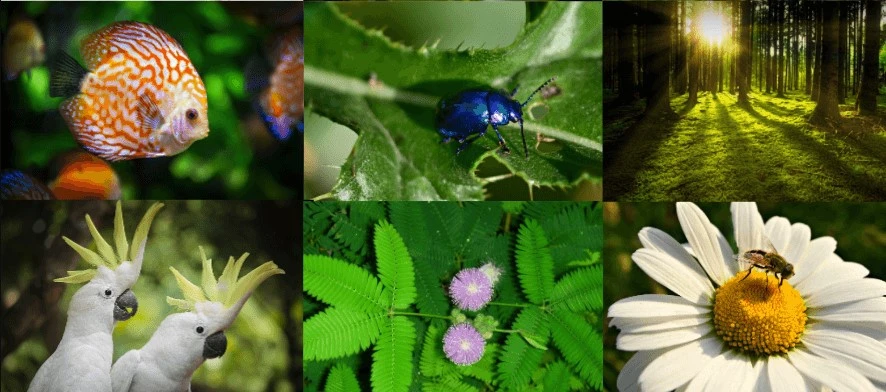
Natural chemicals have been part of human life since our earliest ancestors started using them to improve their health and well-being. Amphibians play a key role in modern medicine. Medicines made from compounds found in frogs help treat conditions like depression, seizures, stroke, and memory loss.
Cultural significance
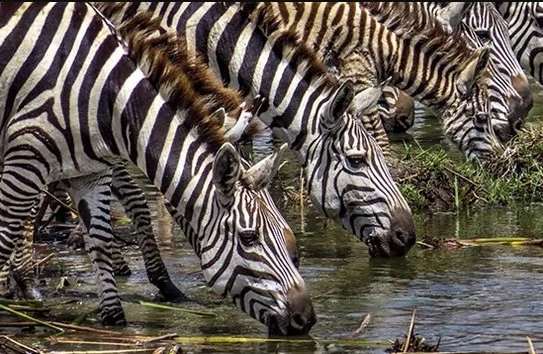
Wildlife also brings many intangible benefits — from spiritual comfort to relaxation. It offers therapeutic effects that improve well-being. Studies show people are drawn most to wildlife areas that feel peaceful, look beautiful, and have historical value.
It’s no surprise that international travel to places where you can see and interact with wildlife has tripled in the last 20 years. Visits to protected areas in developing countries have grown too, bringing in around $600 billion in revenue each year.
Improving soil health and fertility
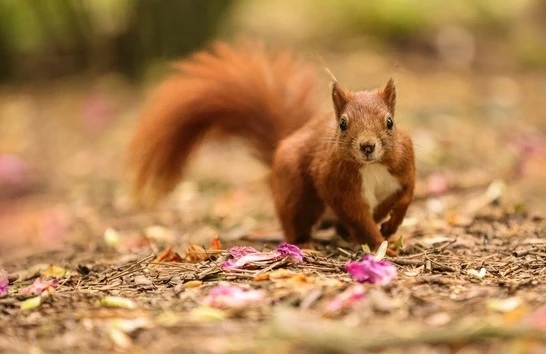
Wild animals play a key role in improving soil health and fertility by adding valuable nutrients. They enrich the soil with minerals and support other habitats. For example, when a hippopotamus grazes near a river, its food waste enriches the water, which helps increase fish populations.
Losing iconic species is a tragedy on many levels. Animals, plants, and aquatic life all keep ecosystems working properly. Healthy ecosystems are essential for our survival — to have enough food and a place to live. When species disappear or decline, ecosystems suffer, and so do people, especially the poorest communities in the world.
Each of us has a responsibility to protect biodiversity everywhere.
RELATED NEWS

Positive Stories
Shota Bostanashvili and Architecture’s Hidden Language..
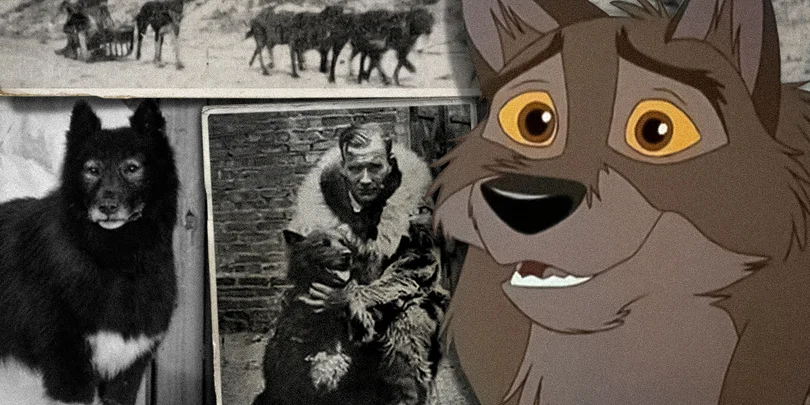
Animals
5 Famous Animals Who Etched Their Names in History..

Positive Stories
The Kärcher team cleaned multiple cities to mark World Cleanup Day..

Animals
A dog named "Kupata" that helps children cross the road was..